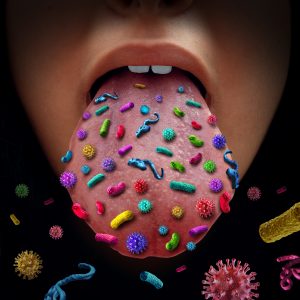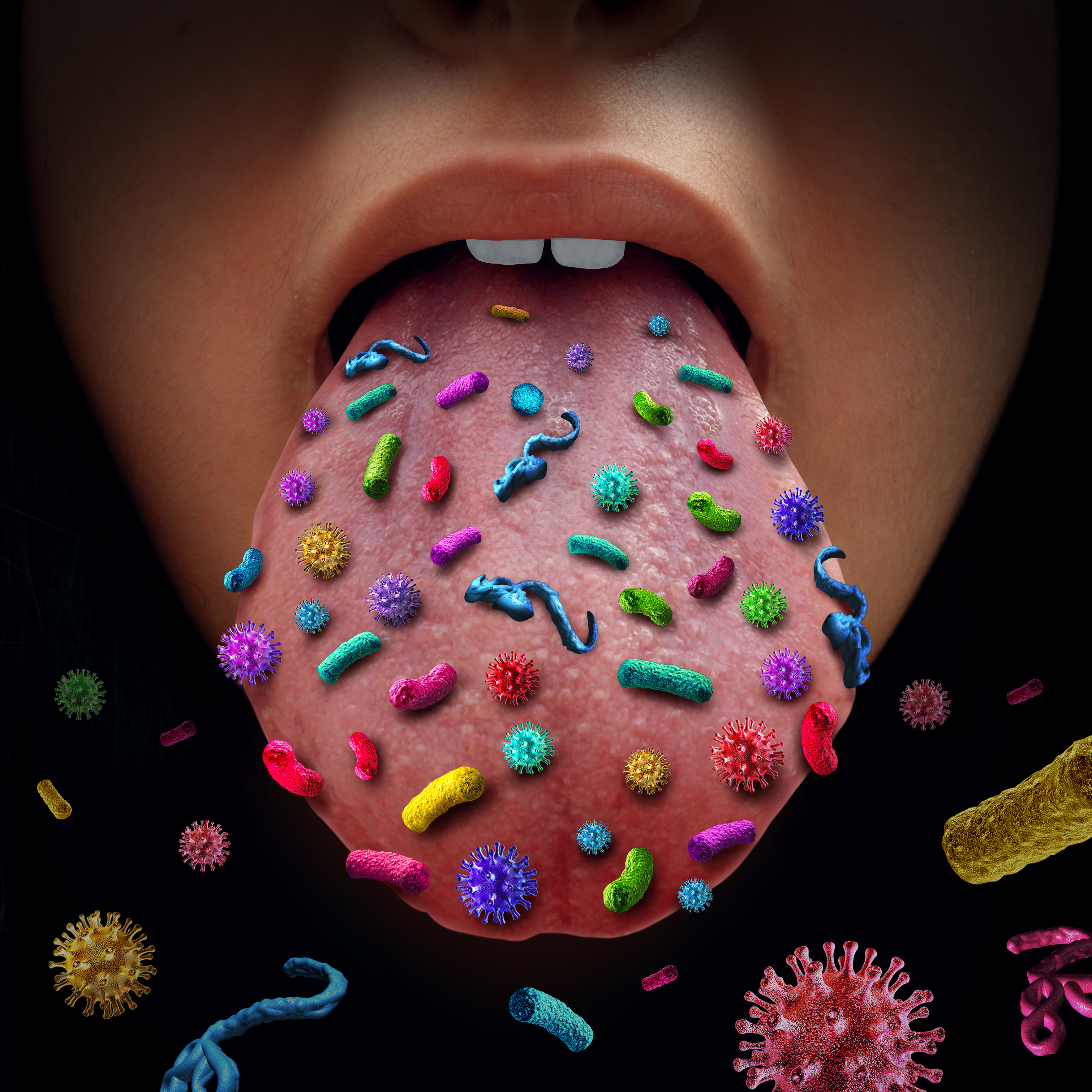What is Halitosis
Halitosis is simply a term used for bad breath. Approximately 25% of the population experiences halitosis. It can cause embarrassment and anxiety, however you should not worry, as the most common cause is poor oral hygiene.
Anyone can suffer from bad breath. Poor oral hygiene and dehydration are common culprits. Food particles left behind are broken down by bacteria in the mouth producing sulfur byproducts. By improving your brushing and flossing techniques, you can remove food particles and debris. You will also reduce your risks for dental caries and gum disease. High odor foods and drinks such as heavy spice, garlic, onion, alcohol and coffee should be avoided if bad breath is a concern. Keeping the mouth hydrated can also reduce malodor. Saliva naturally helps keep the mouth cleaner, however if your mouth is dry or your body is dehydrated, odors can build up. Quitting smoking can also reduce tissue irritation, reducing odors.

Simple ways to prevent and treat bad breath is to improve your diet and oral hygiene habits.
Brushing twice per day and flossing once per day can help remove plaque and bacteria in the mouth.
You may also rinse with an alcohol-free antiseptic mouthwash after brushing and flossing.
Have a professional dental cleaning twice per year
Avoid heavy odor food and drinks.
Increase fruits and vegetables in your diet.
Be sure to stay hydrated by drinking plenty of water.
Avoid all tobacco products
If you have tried to treat bad breath on your own and your dentist and dental hygienist have no periodontal concerns, you may need to schedule an appointment with your primary care physician. Sometimes halitosis can be a sign of a more serious health problem. This includes but is not limited to a sinus infection, diabetes, a chronic lung infection, kidney or liver disease and gastrointestinal problems. Staying active and maintaining a balanced diet can help you maintain overall health. Prevention is key.
